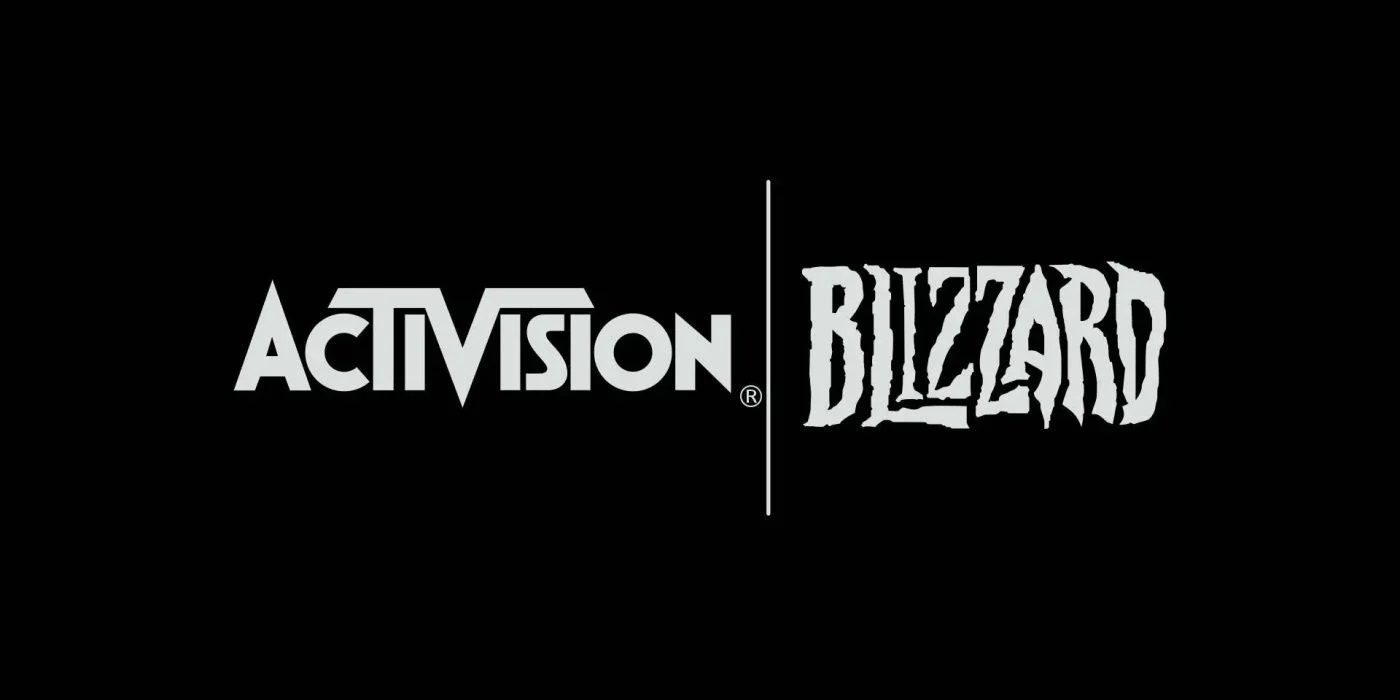Content Warning: suicide, sexual assault
The California Department of Fair Employment and Housing has filed suit against developer/publisher Activision Blizzard over allegations that the studio has fostered a toxic work culture of racial discrimination, sexual harassment, bullying, and chest-beating “Frat House” behavior. The suit, filed in the Superior Court of California on July 20, is the result of a two-year investigation by the agency, featuring testimony and evidence from a body of employees working at the studio.
Originally reported by Bloomberg Law, The DFEH’s lawsuit cites examples of abusive and harmful behavior within the company’s walls, seemingly almost always directed toward women or minority employees. The suit alleges that women working on the World of Warcraft team are frequent targets of unwanted advances, demeaning comments, and non-consensual physical contact. Male employees are accused of persistently engaging in sexual “banter”, including jokes about rape, while superiors exercise a tendency to play video games together while delegating their workload to the studio’s women employees. It is also alleged that certain company individuals have developed reputations for sexually aggressive behavior, portrayed by some staff as a celebratory personality trait.

Elsewhere in the document, an example is cited wherein an African-American woman — requesting a day off work — was asked to write a full-page document explaining what she intended to do with the free time — a request that is obviously not a part of the company’s policy. The lawsuit details an obnoxious “bro-culture” environment, citing impromptu events such as “Cube Crawls” where male employees drink “copious amounts of alcohol” while making their way through the offices engaging in “inappropriate behaviour toward female employees”.
Among the most shocking stories, however, is the report that an Activision Blizzard employee took her own life while on a company trip with a male supervisor. It is suggested that the employee had been previously harassed at work, allegedly having nude images shared at a company party. Activision Blizzard strongly denies that this particular evidence has any connection to company activities, saying that it was “sickened” by The DFEH’s “disgraceful and unprofessional” decision to include these events in the lawsuit.
The DFEH seeks a legal injunction to force Activision Blizzard to comply with workplace protection standards. Additionally, The DFEH is seeking pay adjustments, benefits, and lost/back pay for the studio’s women employees.
The State of California demands trial-by-jury.

An Activision Blizzard spokesperson responded to the allegations with the following statement:
“We value diversity and strive to foster a workplace that offers inclusivity for everyone. There is no place in our company or industry, or any industry, for sexual misconduct or harassment of any kind. We take every allegation seriously and investigate all claims. In cases related to misconduct, action was taken to address the issue.”
“The DFEH includes distorted, and in many cases false, descriptions of Blizzard’s past,” continues the statement. “We have been extremely cooperative with the DFEH throughout their investigation, including providing them with extensive data and ample documentation, but they refused to inform us what issues they perceived. They were required by law to adequately investigate and to have good faith discussions with us to better understand and to resolve any claims or concerns before going to litigation, but they failed to do so.”
“The picture the DFEH paints is not the Blizzard workplace of today.”
Activision Blizzard is the latest in an increasingly long line of gaming studios to receive allegations of harboring a toxic workplace culture, particularly in the treatment of each company’s women employees.
In recent years, League of Legends developer Riot Games, Assassin’s Creed and Far Cry studio Ubisoft, former Skullgirls developer Lab Zero Games, and Detroit producer Quantic Dream have all faced serious allegations of abusive working environments. A 2018 lawsuit filed against Quantic Dream by a former employee was dismissed on appeal by a Parisian court earlier this year.








